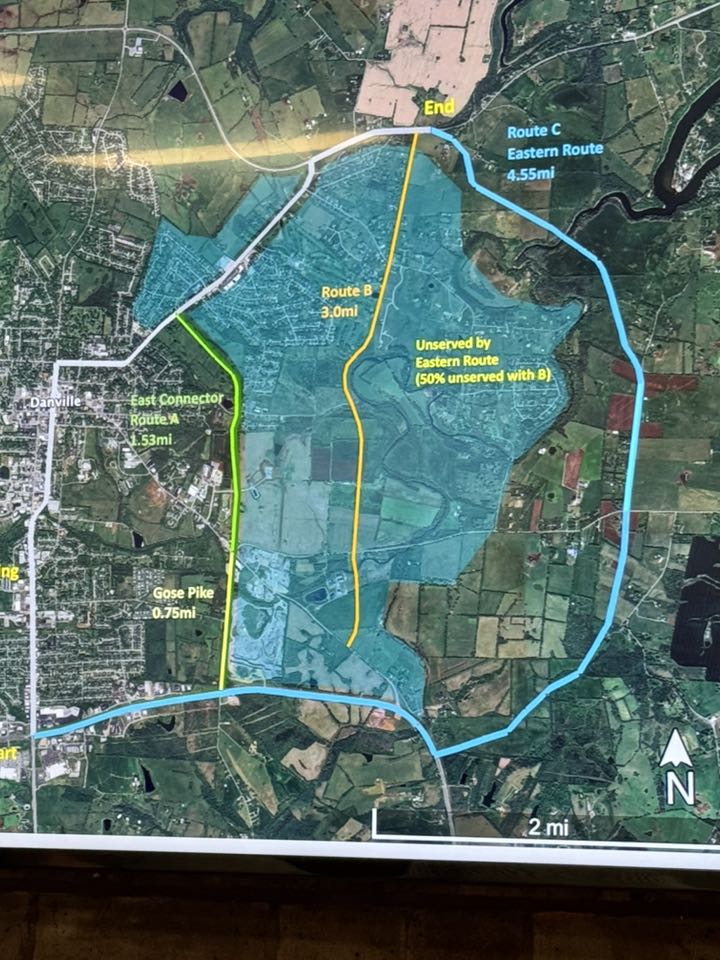Pension bill takes a step but needs to leap
Published 2:35 pm Tuesday, February 26, 2019
By JIM WATERS
Guest Columnist
Two public-school educators elected to the state House in November have filed House Bill 504, which reflects what we’ve been calling for in this column for years — a recognition by Frankfort that the commonwealth cannot continue to guarantee future retirement benefits, especially for new teachers entering Kentucky classrooms in the future.
Trending
Reps. Scott Lewis, former Ohio County Schools superintendent, and Rockcastle County High School math teacher R. Travis Brenda recognize that continuing to put new employees into the same retirement plan, which is in a $14.3 billion hole with less than 60 percent of the assets needed to fulfill its obligations, isn’t a sound approach for anyone — teachers or taxpayers.
Their legislation also would require teachers to work longer before retiring and to contribute more of their paycheck to their pension benefits.
The fact that Lewis and Brenda are stepping up to create a new pension tier that offers the flexibility to adjust future contributions and benefits to keep Kentucky from building more mountains of unfunded debt shows there are people within public education who understand — even if teachers’-union bosses don’t — that simply remaining at the status quo isn’t the right, or even good, policy.
They agree with the new pension paradigm created by my organization, the Bluegrass Institute, and included in this column in early February that shows it’s more than possible to provide Kentucky’s teachers with a stable, secure retirement plan, which includes a defined benefit but still protect taxpayers from accruing huge pension debts in the future.
The next step for Lewis and Brenda is to both expand and simplify their approach.
While ending the practice of guaranteeing future pension benefits definitely moves us closer to the core of real pension reform, taxpayers also need the assurance that future politicians won’t be able to raise past benefits already awarded at lower levels — a major contributing factor to Kentucky’ current pension crisis.
Trending
Dr. William F. Smith, who created the Bluegrass Institute’s new paradigm, praised the bill’s attempt to address the long and failed tradition of guaranteeing prospective benefits, but also called on legislators to make the bill and their entire approach toward pension reform “more surgical” and criticized the length and complexity of the 108-page bill.
It’s a constructive and accurate analysis.
It’s the challenge of a lifetime to engage Kentuckians and persuade them that what happens in the pension system doesn’t stay in actuaries’ offices; it spills out and floods the entire economy and wreaks havoc on the rest of government.
What we don’t need is a ton of additional complicated legislation, which, truth be told, is often all about trying to convince Kentuckians about how much smarter Frankfort is while also trying to compensate for the insecurities that come with not really fully understanding how public pension system work.
Smith distills the right plan to: “Benefits will neither be guaranteed prospectively nor increased retroactively; taxpayers, who are the employers, will have fixed payroll contribution rates and adjustments will be made by the plans’ administrators when the Actuarial Required Contribution (ARC) exceeds 18 percent.”
Finally, and perhaps most important, the bill should include parameters requiring future legislators to make and support future decisions to require increased contributions or reduced benefits if funding levels fall behold the threshold in the bill.
There must be no avoiding of tough decisions, no matter how politically problematic.
I cannot improve on the words offered by Bluegrass Institute board Chairman Aaron Ammerman, who said: “There should be an ironclad commitment between legislators, teachers and taxpayers regarding any future actions needed in order to maintain a financially viable pension system for teachers.”
Jim Waters is president and CEO of the Bluegrass Institute for Public Policy Solutions, Kentucky’s free-market think tank. He can be reached at jwaters@freedomkentucky.com and @bipps on Twitter.






